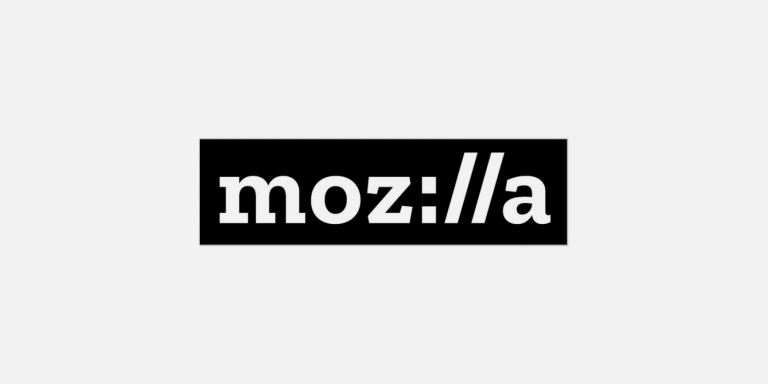
The Mozilla Foundation is dedicated to ensuring that the Internet is a global public resource, open and accessible to all. In 2017, it launched an open source initiative, “The Internet Health Report,” to document and analyze the health of the Internet based on various studies from multiple sources. This year, the report focuses on a single topic critical to the Internet and humanity: artificial intelligence.
AI is part of our daily lives, but as has happened with the Internet, GAFAMs as well as some rich and powerful people are tightening their grip on AI to increase their profits.
The foundation reminds us of the dangers of discrimination and surveillance that automation brings and an over-reliance on it for decisions with huge consequences, but also that champions are ensuring that there is a better way to build, deploy and understand the potential of AI.
“Who has power over AI?”, “Who is transferring that power?” are the central questions of this report to which more than 150 people contributed over several months. They drew on extensive work by Mozilla Foundation staff, fellows, and grantees to look for more trusted AI in products, policies, and coding.
Podcasts
Alongside the 2022 report, Mozilla is exploring a wide range of topics, including surveillance, labor, healthcare, geospatial data, or misinformation in social media in five bi-weekly podcasts, with 19 people from a dozen different countries speaking.
Who has the power over AI?
Across industries, companies are turning to AI to collect and analyze data to tailor their offerings. Those with sufficient resources to invest in AI have a competitive advantage. Those with access to large amounts of data and computing power, meanwhile, are consolidating their software and hardware dominance, which is impacting how AI is deployed around the world.
When it comes to private investment in AI, the United States dominates. China, the UK, Israel, Germany, Canada, France, and India follow.
Using different data sets
The cost of training machine learning systems has decreased and the availability of data is greater. However, the authors of the report were able to see that the same datasets from only a few countries are most often used to evaluate the performance of machine learning models around the world.
For example, more than half of the datasets used to benchmark AI performance in more than 26,000 research papers came from just 12 recognized institutions and technology companies in the United States, Germany, and Hong Kong, China.
The report points out that a large, frequently reused dataset does not guarantee better machine learning than a smaller, specifically designed set. On the contrary, it often reflects the racist, sexist stereotypes of the internet content it has been trained with.
The companies that have the most to gain from AI are undoubtedly the largest technology companies in the world. In fact, their revenues soared during the COVID-19 pandemic, including Microsoft’s in 2021, and several of them are now among the richest companies in the world.
They influence Internet users by recommending publications, the purchase of products…
More transparency
According to Ranking Digital Rights, “there is little or no transparency about how companies test and deploy algorithmic systems and use our personal data, including retention, recommendation and ranking.”
Recommendation systems determine which social media streams users will access and which content will be rewarded with advertising revenue. In a Mozilla participatory study of YouTube, 71 percent of the videos people said they “regretted” watching were algorithmically recommended to them.
Ads and social media networks can be used to spread propaganda and misinformation. In the absence of transparency and collaboration with researchers, a global industry of companies and organizations engaged in covert messaging is growing.
How do we build trust?
New methods and techniques to preserve privacy, record the origin of data, ensure AI ethics, audit algorithms, and empower users are among the many pites being considered.
To achieve this, cooperation is needed. With this report and accompanying podcasts and stories, Mozilla is calling on technology makers and policymakers to start the conversation and take action.
Article sources:
The Internet Health Report 2022. https://2022.internethealthreport.org
Translated from « The Internet Health Report » 2022 de la fondation Mozilla consacré à l’intelligence artificielle









